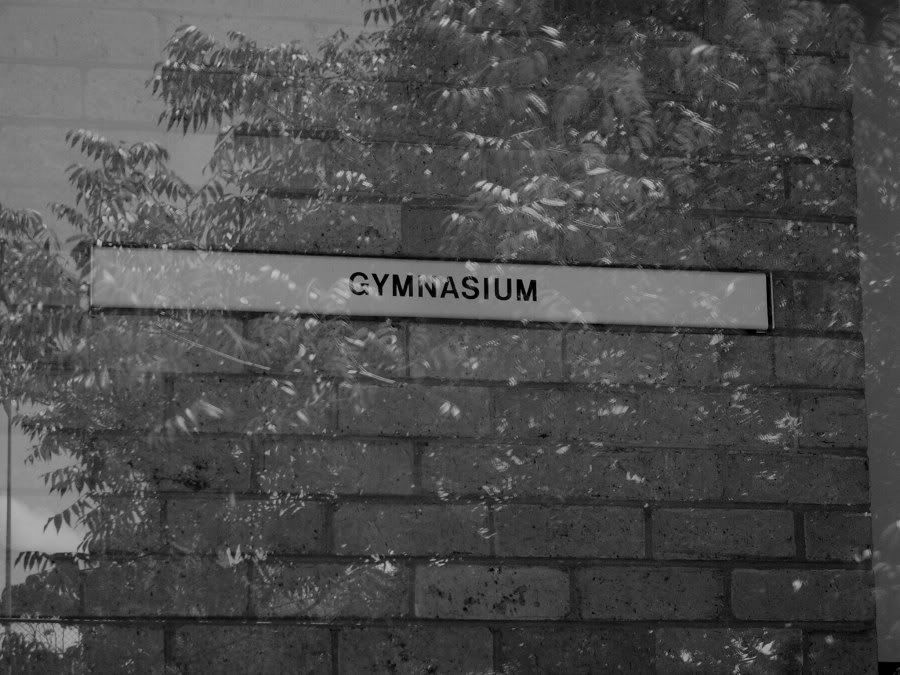File 2.01
Very often one acts as if only that were evident what one can claim as evidence. This is mostly caused by the formation (such as it occurs in the infamous methodology courses at American universities) of a pre-given and learned cultural template. The evidence fetishism results in the fact that empirical works that do not automatically accept the same defintion of evidence as given meet with rejection. […]
Characteristically, entire “schools” or traditions can form around a single method of collecting data. For instance, certain contemporary ethnomethodologists will not admit anything else but conversation analysis – an analysis that they’ve reduced to a de-contextualised text – while they completely ignore all the data connected to the immediate context […] This “data” that is subsequently taken for the concrete in itself, is in reality the product of an immense abstraction […] but in this case an abstraction that is unaware of its own abstractedness. And this quickly leads to the monomania [of methods] of statistical distribution or of discourse analysis or of participant observation or of the depth-interview or of ethnographic description and so forth. The rigid subscription to a certain method subsequently defines ones belonging to a certain school in which its participants recognise one another, for instance, in their cult of “ethnography”, e.g. the ethnomethodologists in their exclusive love of conversation analysis. And if anyone combines ethnographic analysis with discourse analysis, this is seen as a flagrant break with methodological monotheism.
The same analysis would have to be done with regard to data evaluation methods, such as multi-variation analysis, regression analysis, path analysis, network analysis, etc. Here also pure monotheism dominates. It is possible that this is due to the fact that it provides an apparent methodological foundation for the arrogance of ignorance: yet even the most elementary sociology of sociology teaches that methodological condemnation verdicts are very often only a way to turn adversity into virtue […]
But I want to try to transform all these points of critique into a positive rule which quite simply says: Be wary of all sectarian rejections mantled in exclusive confessions of faith; instead aim to mobilise for each individual case all the methods that may appear relevant or practicable. […] I would almost like to say “prohibitions are prohibited” or: be wary of methodological guard dogs.
Pierre Bourdieu, Reflexive Anthropologie, Suhrkamp, Frankfurt/Main, 2006, pp.260-61, transl. mine.
credit crunches, hedge funds
At Brussels I heard M. de
Talleyrand reply in an adroit and flattering manner to a question suddenly put to him by Bonaparte, who asked him how he had so rapidly made his great fortune? "Nothing could be more simple," replied M. de Talleyrand; "I bought stock on the 17th
Brumaire, and I sold it again on the 19th."
Mme de Rémusat, Ibid., p.153
a propos Mme de Rémusat
He [Bonaparte] tried to wage a pen-and-ink war with the English press; he subsidized certain journals in London, expended a great deal of money, and deceived no one either in France or in England.
His great general principle, which he applied to everything, both small and great, was that there could be no zeal where there was no disquiet.
He [M. Maret] thus advanced his personal fortune at the expense of Europe [...]
File 2.00
Hypthesis: writing is the work of ghosts
Hypothese: Schreiben ist Geisterarbeit
Ce nom si long et anglais
Je m'avisai de dire que Ducis avait gaté l'Othello de Shakspeare. Ce nom si long et anglais sortant de mes lèvres fit un certain effet sur notre galerie en epaulettes, silencieuse et attentive. Bonapart n'entendait pas trop qu'on louat quelque chose qui appartenait aus Anglais. Nous discutames un peu de temps; je demeurai pour ma part dans une ligne de conversation fort commune; mais j'avais nommé Shakspeare, j'avais un peu tenu tete au consul, j'avais loué un auteur anglais, quelle audace! quel prodige d'érudition! Comme je fus obligée de me tenir plusieurs jours après dans les silence ou dans les discours oiseux, pour réparer l'effet d'une supériorité dont assurément je ne pensais pas avoir pu si facilement acquérir l'embarras!
Mémoires de Madame de Rémusat, 1802-1808, Paris, Ancienne Maison Michel Lévy Frères, 1880, pp.189-190.
I ventured to say that Ducis had spoilt the "Othello" of Shakespeare. This long English name coming from my lips produced a sensation among our silent and attentive audience in epaulettes. Bonaparte did not altogether like anything English praised. We argued the point awhile. All I said was very commonplace; but I had named Shakespeare, I had held my own against the consul, I had praised an English author. What audacity! what a prodigy of erudition! I was obliged to keep silence for several days after, or at least only to take part in idle talk, in order to efface the effect of my unlucky and easily gained reputation for cleverness.
Madame de Rémusat, Memois of the Empress Josephine, Vol.1, NY, Collier & Son, 1879/1910, pp.118-19
(for Sean)





